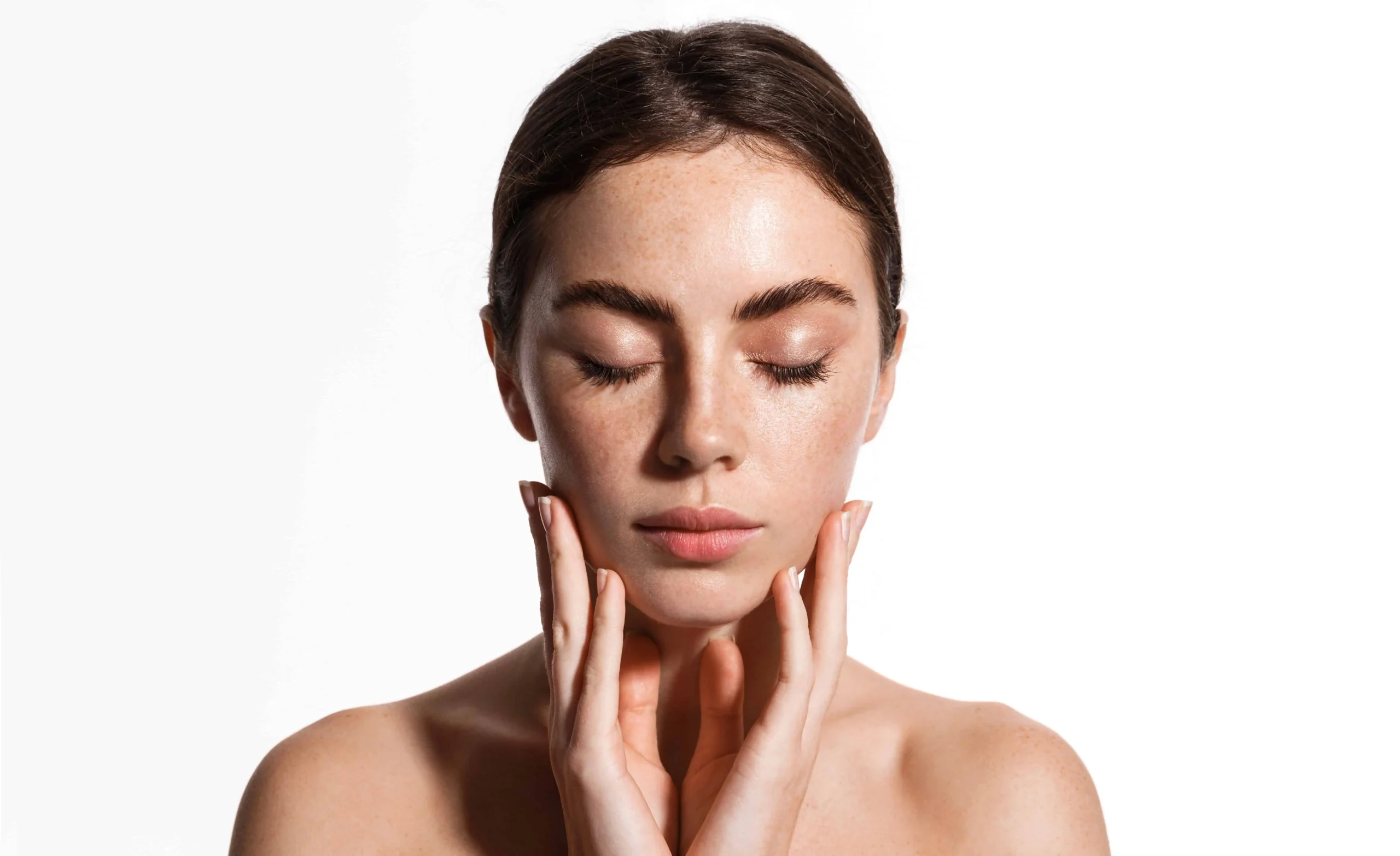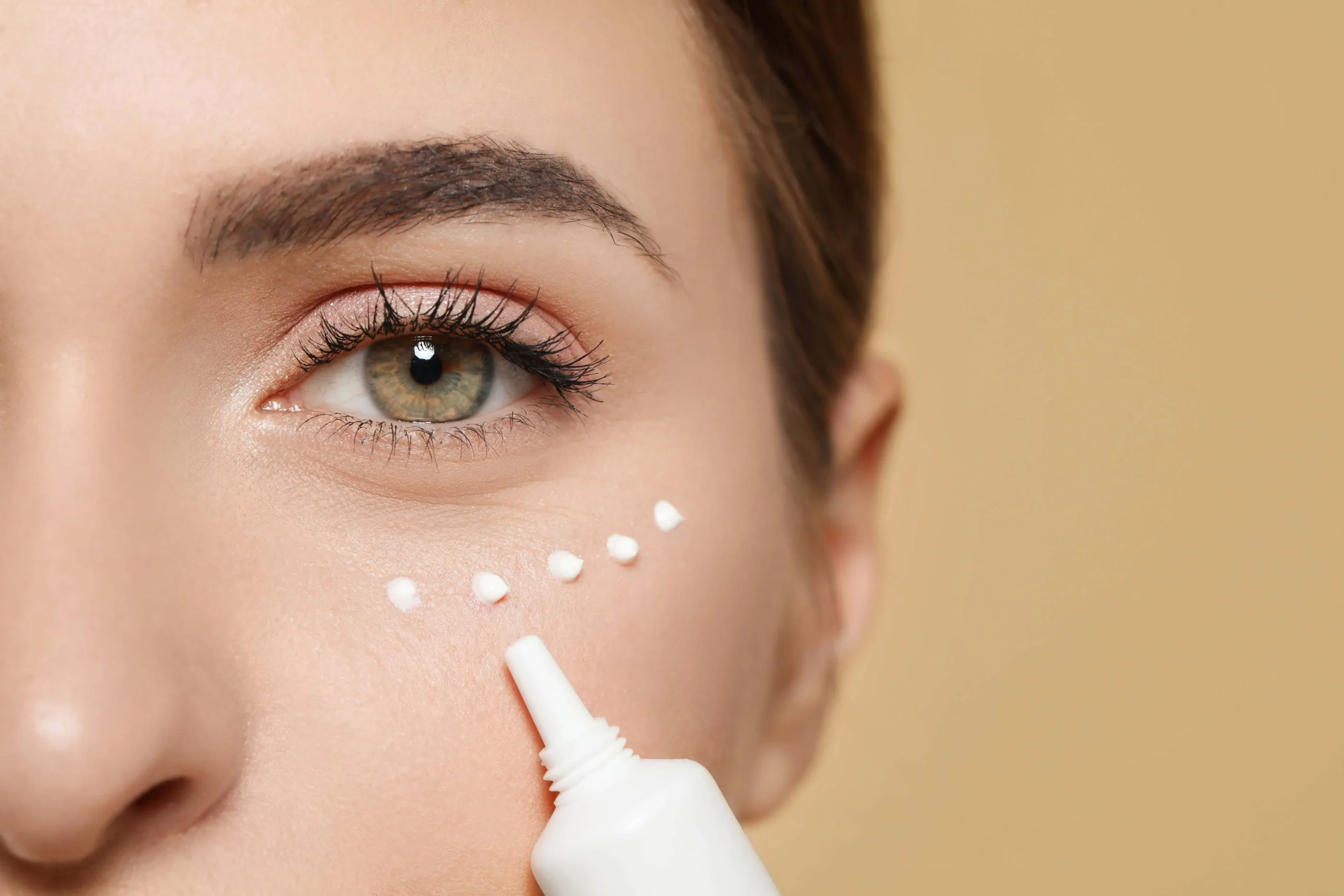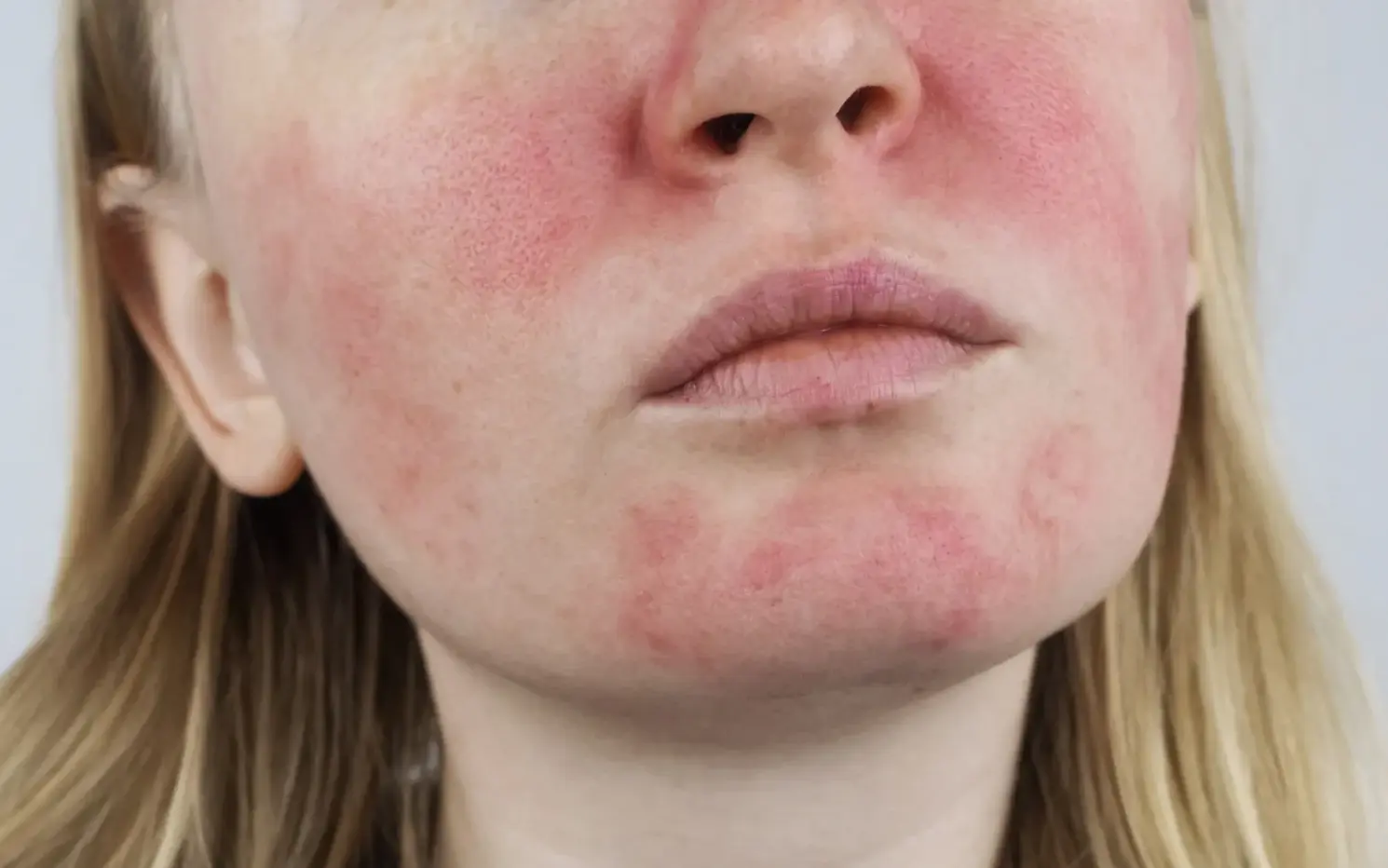Pregnancy is a time of profound change for your body, and it’s essential to be cautious about the products you use, including skincare. While most skincare ingredients are safe, some can pose risks to you and your baby. In this blog post, we’ll explore which skincare ingredients you should avoid during pregnancy and offer alternatives to keep your skin healthy and glowing.
Why Ingredient Safety Matters During Pregnancy
During pregnancy, hormonal changes can affect your skin in various ways, from increased sensitivity to changes in oil production. Additionally, certain ingredients can be absorbed through the skin and potentially impact your developing baby or contribute to pregnancy-related conditions. Therefore, it’s crucial to be mindful of what goes into your skincare products.
Ingredients to Avoid
1. Retinoids (Vitamin A Derivatives)
What They Are:
Retinoids, such as adapalene, tretinoin, and retinol, are frequently used in acne and anti-aging products.
Why to Avoid:
High doses of Vitamin A, particularly in topical forms, have been linked to birth defects. While the risk from topical application is lower compared to oral intake, it’s still advisable to avoid retinoids during pregnancy.
Alternatives:
Opt for products with Vitamin C or niacinamide, which are effective for brightening and anti-aging without the risks associated with retinoids.
2. Salicylic Acid
What It Is:
Salicylic acid is a beta hydroxy acid (BHA) used in acne treatments and exfoliants.
Why to Avoid:
High concentrations of salicylic acid may be absorbed into the bloodstream, potentially affecting the fetus. While occasional use in low concentrations is generally considered safe, it’s best to err on the side of caution.
Alternatives:
Consider using products with glycolic acid (an alpha hydroxy acid or AHA) in lower concentrations, as they are usually safer during pregnancy.
3. Hydroquinone
What It Is:
Hydroquinone is a skin-lightening agent used to treat hyperpigmentation and dark spots.
Why to Avoid:
Hydroquinone can be absorbed through the skin and may pose risks during pregnancy. Its safety profile during pregnancy has not been well-studied.
Alternatives:
Look for products containing natural brightening agents like licorice extract, Vitamin C, or niacinamide.
4. Formaldehyde and Formaldehyde-Releasing Preservatives
What They Are:
Formaldehyde is used as a preservative in some skincare products and cosmetics. Formaldehyde-releasing preservatives include ingredients like quaternium-15 and DMDM hydantoin.
Why to Avoid:
Formaldehyde is a known carcinogen and may pose risks during pregnancy. It’s best to avoid exposure to this ingredient.
Alternatives:
Choose products with natural preservatives or those labeled as free from formaldehyde and formaldehyde-releasing agents.
5. Benzoyl Peroxide
What It Is:
Benzoyl peroxide is used in acne treatments for its antibacterial properties.
Why to Avoid:
Benzoyl peroxide may be absorbed into the bloodstream in small amounts, and its safety during pregnancy is not well-established.
Alternatives:
Consider using gentle cleansers and products with natural anti-inflammatory ingredients like green tea or chamomile.
6. Essential Oils with High Levels of Phthalates
What They Are:
Essential oils are used for their fragrance and therapeutic properties, but some may contain phthalates, which are used to stabilize fragrances.
Why to Avoid:
Phthalates are associated with potential risks to fetal development and hormone disruption.
Alternatives:
Use essential oils that are certified organic and free from phthalates. Opt for fragrance-free products or those with pregnancy-safe essential oils like lavender and chamomile.
7. Chemical Sunscreens (Certain Active Ingredients)
What They Are:
Chemical sunscreens contain active ingredients like oxybenzone, octocrylene, and avobenzone.
Why to Avoid:
Some chemical sunscreen ingredients may be absorbed into the bloodstream and could potentially affect hormonal balance or fetal development.
Alternatives:
Use physical or mineral sunscreens with zinc oxide or titanium dioxide, which are generally considered safer during pregnancy.
Safe Skincare Practices During Pregnancy
1. Read Labels Carefully:
Make sure to always look for any potentially dangerous ingredients on the ingredient list. Ask your doctor or dermatologist for advice whenever you’re unsure.
2. Choose Pregnancy-Safe Brands:
Look for brands specifically formulated for pregnant women or those that avoid controversial ingredients.
3. Opt for Natural and Organic Products:
Natural and organic skincare products often avoid synthetic chemicals and potentially harmful ingredients, making them a safer choice during pregnancy.
4. Perform a Patch Test:
Pregnancy can change your skin’s sensitivity. Always perform a patch test before using new products to ensure they don’t cause irritation or allergic reactions.
5. Consult Your Healthcare Provider:
If you have concerns about specific products or ingredients, consult your healthcare provider or dermatologist for personalized advice.
Conclusion
Taking care of your skin during pregnancy involves more than just a regular skincare routine; it requires being mindful of the ingredients in your products. By avoiding potentially harmful ingredients like retinoids, salicylic acid, and hydroquinone, and opting for safer alternatives, you can maintain healthy skin while ensuring the safety of your developing baby. Always prioritize your health and consult with professionals to make informed choices that support both your skincare needs and your pregnancy





